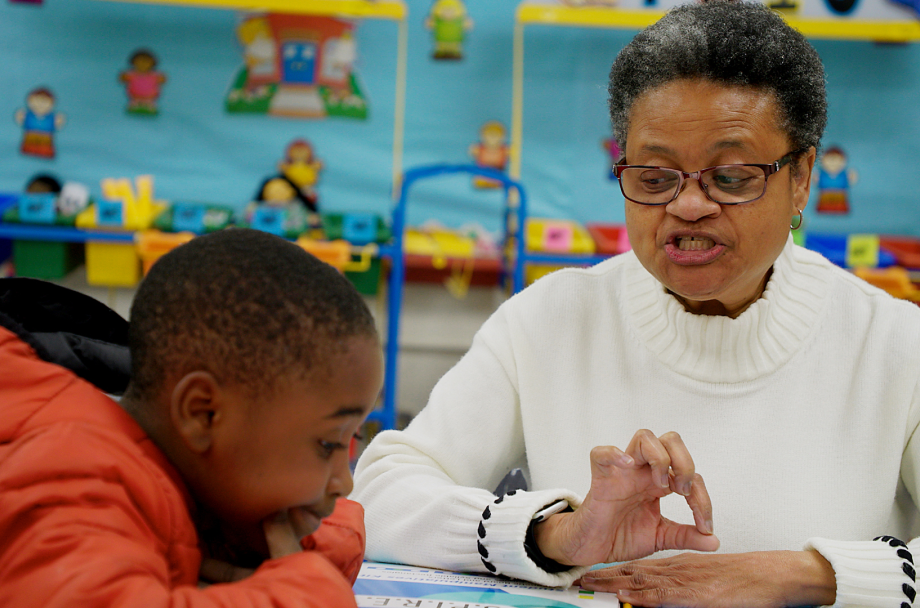Training and experience

Who can be a tutor?
Any caring adult who is passionate about making a difference in the community and supporting students, with the time and flexibility to tutor them through the high-impact tutoring model, has the opportunity to be a tutor.
Many districts simply require a high school degree, while some districts require some college credit or an associate’s degree.
Training and support we provide
We provide all tutors with 20 hours of training to be completed during the first couple weeks of employment, all online and self-paced. We cover foundational literacy, small group tutoring, as well as how to engage students academically and connect interpersonally.
During the school year, we also provide ongoing support to corps members through NCEC learning coaches, who are available to meet with tutors individually.

Professional and school credit
Continuing education
Each corps member receives a certificate of completion which can be used for CEU (continuing education unit) credit for North Carolina licensure requirements.
School credit
School districts or institutions of higher education may review the training received and utilize the hours for district-level training, course credit, or practicum credit. Awarding credit is at the purview of the district or institution.
Real-world experience
Apart from credit, many corps members find tutoring an invaluable experience that helps them prepare for teaching, commit to a career choice, or simply have a professional environment in which to grow.
“A whole new level” – The impact in Chatham County Schools
What people are saying
Professional learning overview
North Carolina Education Corps (NCEC) prioritizes the professional learning of corps members to help them thrive as high-impact tutors. Read our full overview to learn more about corps member learning and support, preparation, goals, and learning scope and sequence.

